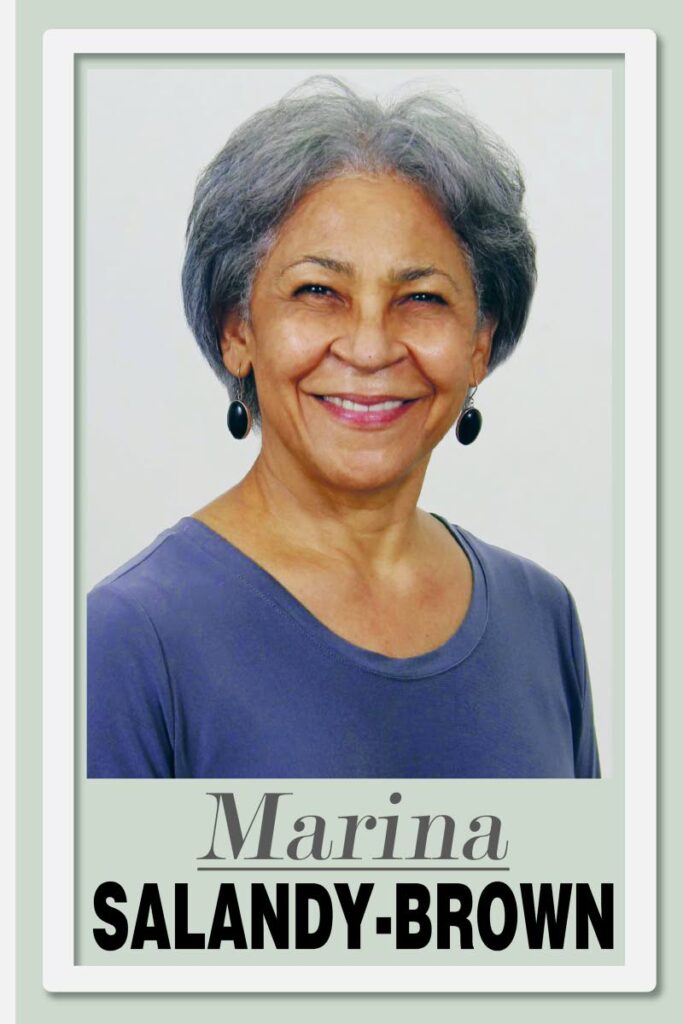A woman’s place

In Afghanistan, the Taliban have passed still more laws curtailing the lives of Afghani women living there. Since 2021, when the USA abandoned its 20-year attempt to introduce democratic processes and reconstruct Afghanistan after the Soviet-Afghanistan civil war, the Taliban have been fully back in control of that most beautiful, benighted place, and women have been a target of their social reforms.
The Taliban pursue an extremely conservative form of Islam that is intent on depriving women of all rights except the right to bear and care for children and families. They have relegated women to the home, unable to drive or travel alone out of the house except chaperoned by a male relative, or to be educated, and they have been largely excluded from the professions in which they were represented – medicine, law and public office. The dress code requires that only their eyes be visible, and those through the veil of the burka that shrouds their entire body.
Last Tuesday, women’s hair salons – screened from public view – were instructed to shut up shop within a month. Quite apart from depriving women of the possibility of working in women-only places, this new ruling pushes women into a new form of isolation. Already, women cannot use parks, gyms, bathhouses and many other public places where they can meet one another and socialise.
This is the doing of the Ministry for the Prevention of Vice and Propagation of Virtue. According to the news agencies, the Taliban “claim to respect women’s rights in accordance with its interpretation of Islamic law and Afghan customs.” And obviously, for the Taliban women and immorality are indivisible. It is not so in the Quran.
Surprisingly, upon their return to power, the Taliban decreed that women were not property and must consent to marriage, thereby outlawing forced marriage. They also banned rape and men are not allowed to have multiple wives.
It is a very tortured and conflictive regard for women and in some ways mirrors the debate in the advanced democracies which are wrestling with managing the rights of women and trans people and others who can now legally choose their gender.
The dilemma is getting pretty close to home.
When my son was still a young boy, I never allowed him to enter a public toilet facility unaccompanied by a known male. When necessary, I accompanied him to the Ladies. One day, a woman complained that a male child – aged seven but petite for his age – should not be in there. It was a strong reaction to a slight and perhaps not totally unexpected deviation from the norm, given the then growing child-safety issues.
The current use of ladies’ facilities by adults – and not for safety – who identify as women but actually may still be men has moved the debate on quite a bit and seriously challenged ideas of what is the norm.
It is causing women everywhere to consider the definition of female identity, and whether women have rights they have taken for granted and therefore run the risk of losing.
Stonewall is a movement for gay rights that I have always supported. It grew out of the 1969 New York riots that were sparked by police raids on a gay bar in Greenwich Village. Its activists, nearly all of whom are now deceased, changed how the world came to regard homosexuality.
Stonewall has gone from strength to strength and put LGBTQ+ issues on the global agenda, but its present modus operandi is not winning it more friends and is troubling certain supporters, like me.
Institutions such as the BBC, the UK Cabinet Office, the UK Dept of Health have stopped working with the charity. The Stonewall Diversity Champions scheme, which many UK and US companies have signed up for, advises employers on gender-neutral spaces and the use of pronouns, and also measures how the companies perform on diversity and inclusion.
The international press is reporting on Stonewall’s high-handedness in doling out penalties and victimising individuals, businesses and organisations that express any gender-critical views.
Women must be allowed to object to the definition of a woman as “someone who menstruates,” or Stonewall reducing a mother to a “parent who gives birth.” Women must also be free to express their views on who uses female toilets and when a pregnancy should be terminated.
It was quite clear to my younger, mothering self that if men could take away the power of women to procreate, they would; for sure the Taliban would seriously consider it, because it is the ultimate power women possess.
To my politically awake, female mind we are experiencing an erosion of hard-won women’s rights and we should be alert.
You can lock up a woman and put her into isolation. but you cannot strip her of her self-knowledge, nor can the essence of being a woman be reduced because of the needs of individuals who were born indeterminate.
The rights of others to self-define should not and must not infringe upon the rights of others. It is not merely a social issue, it is at the heart of who we are as women.

Comments
"A woman’s place"